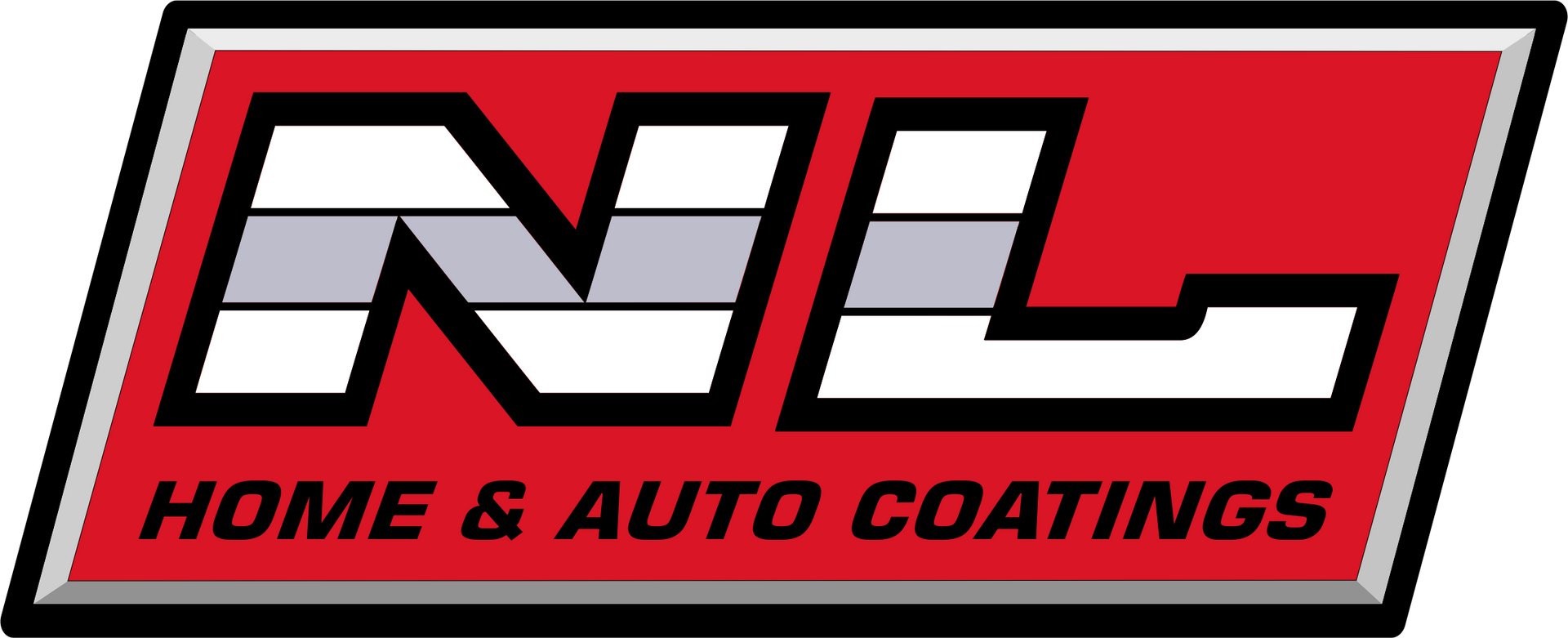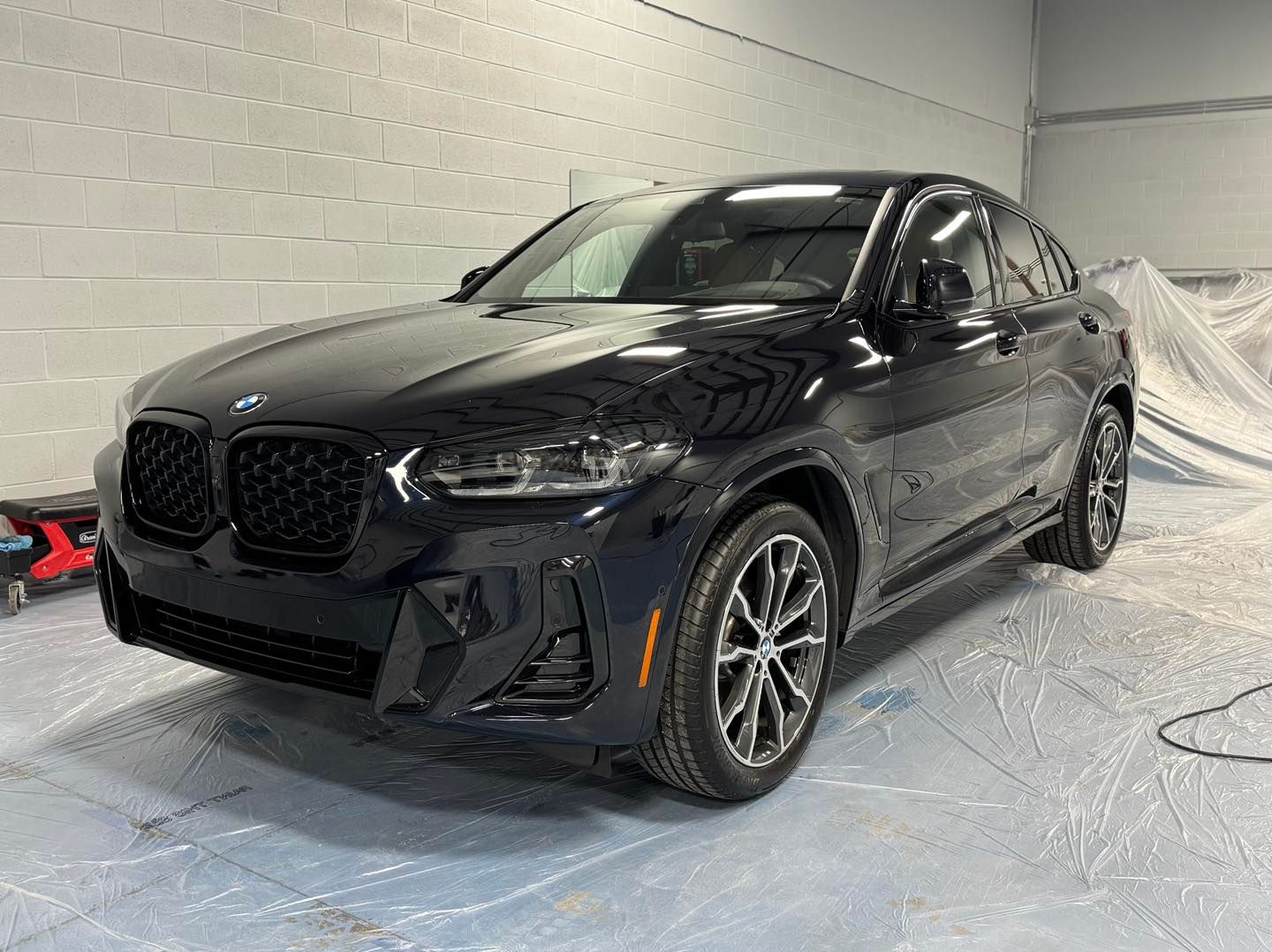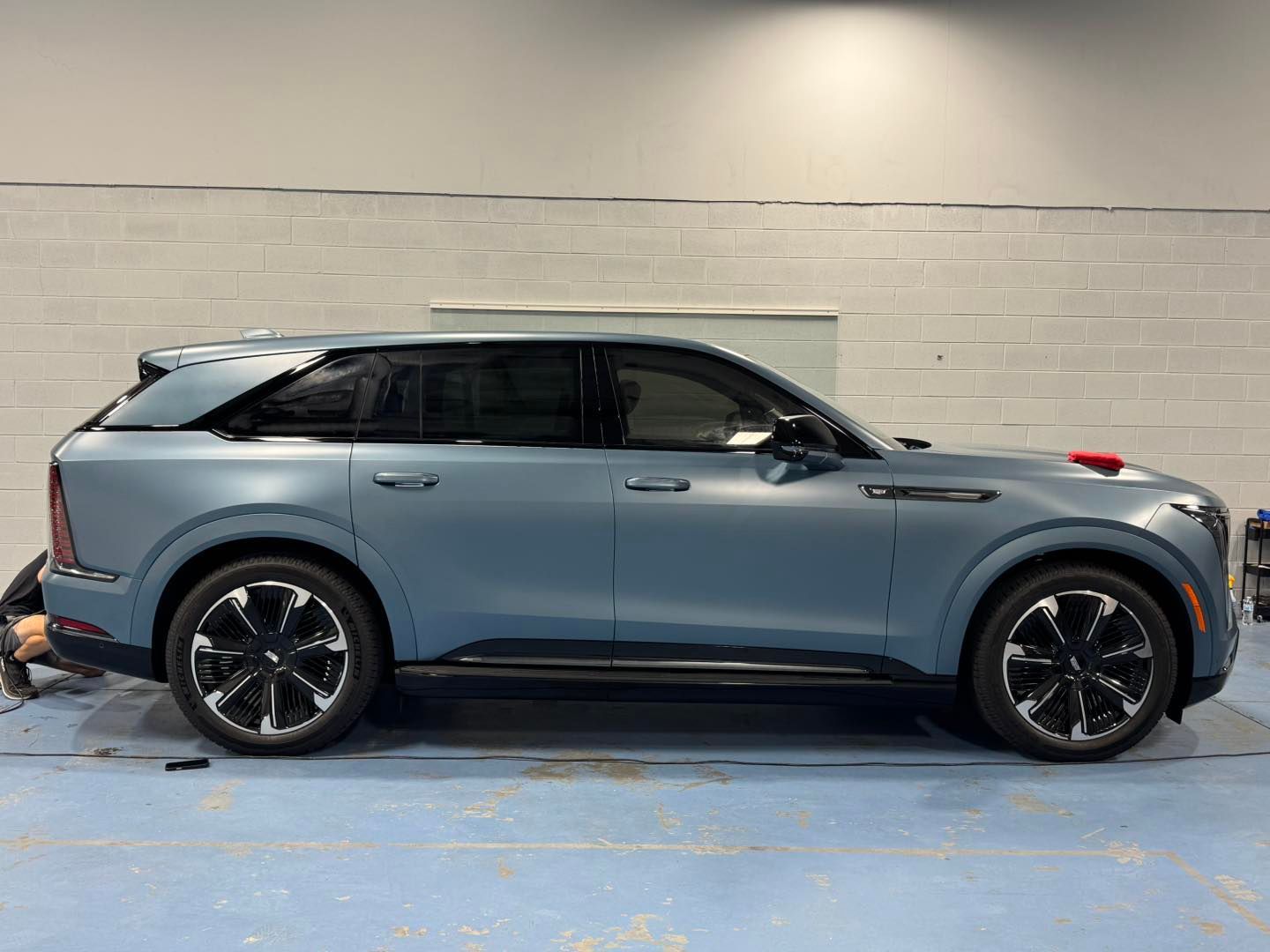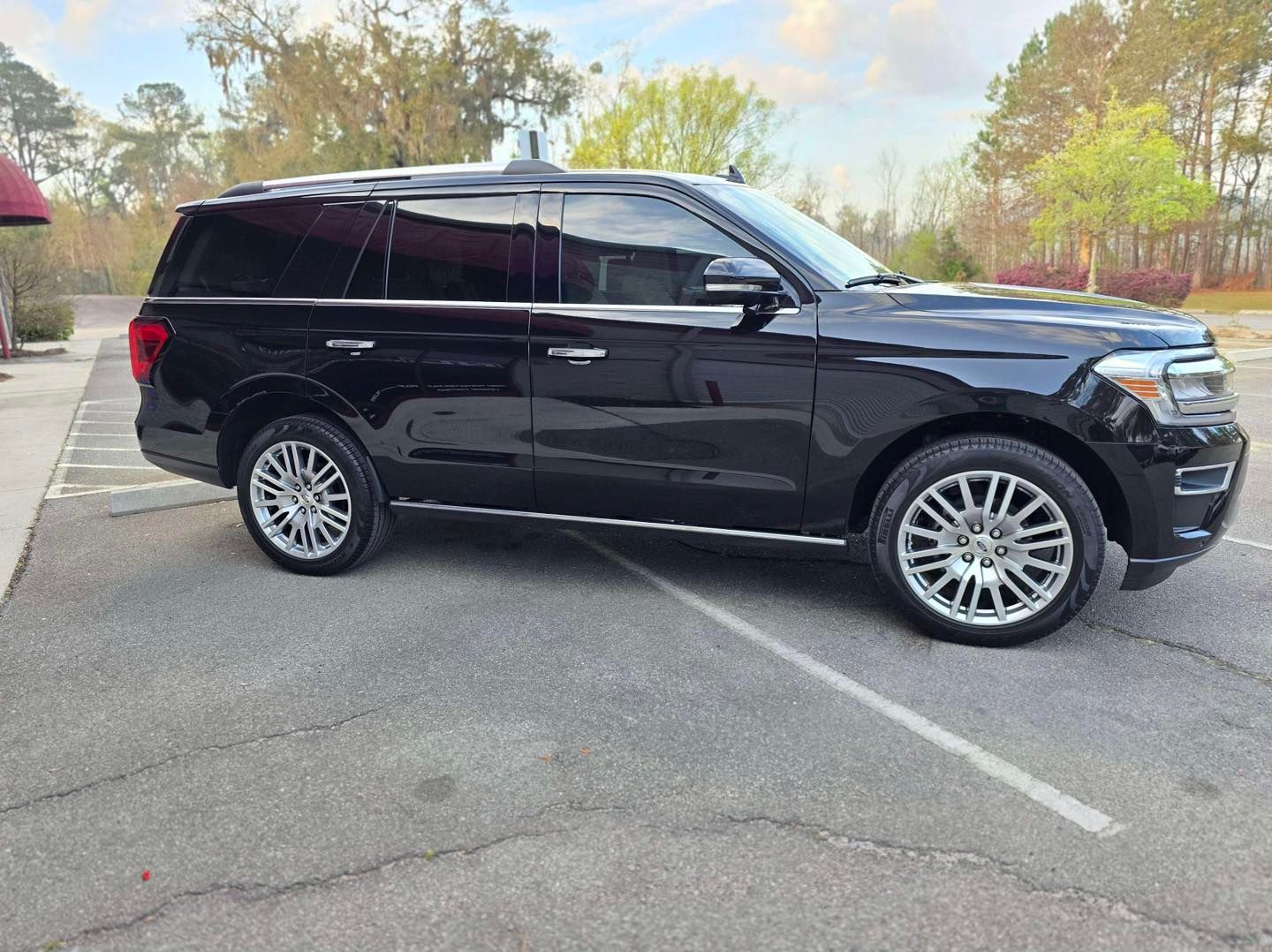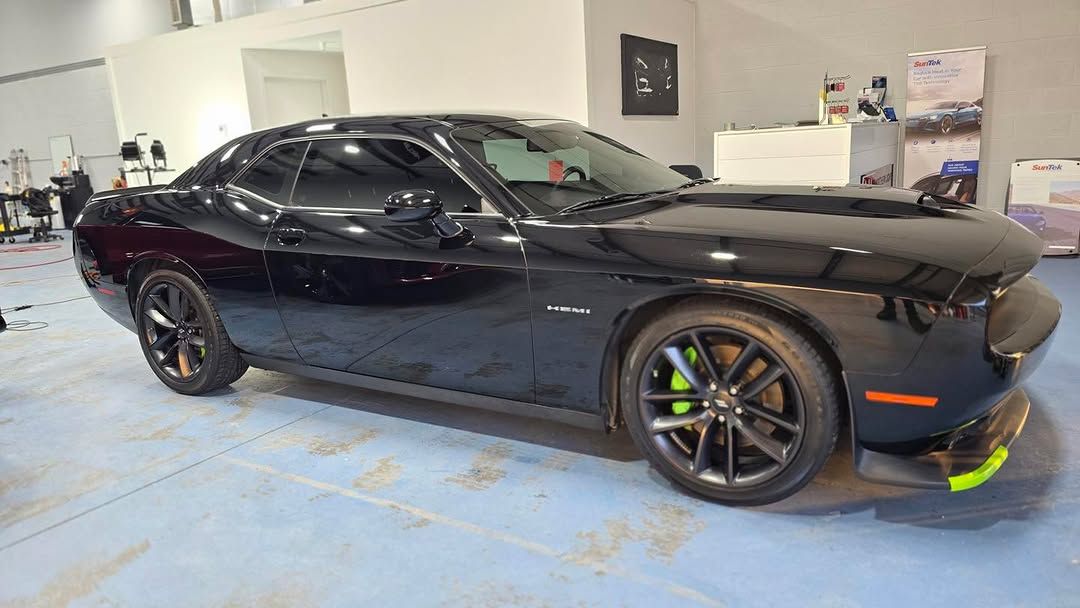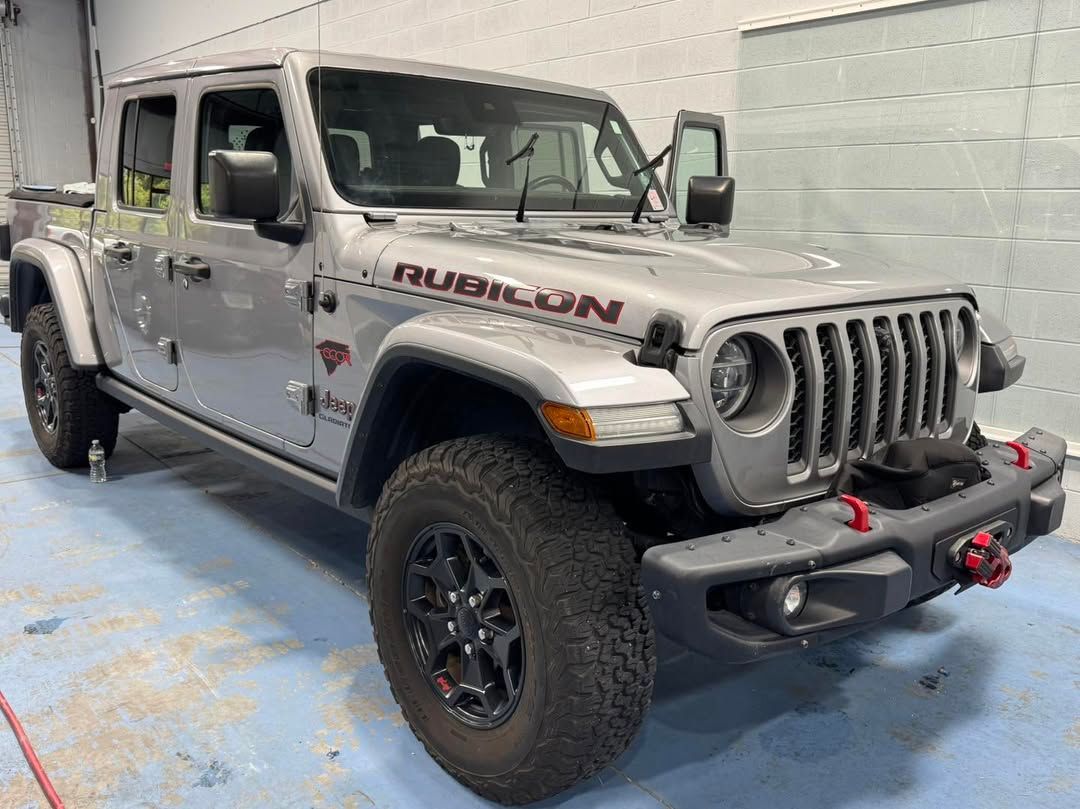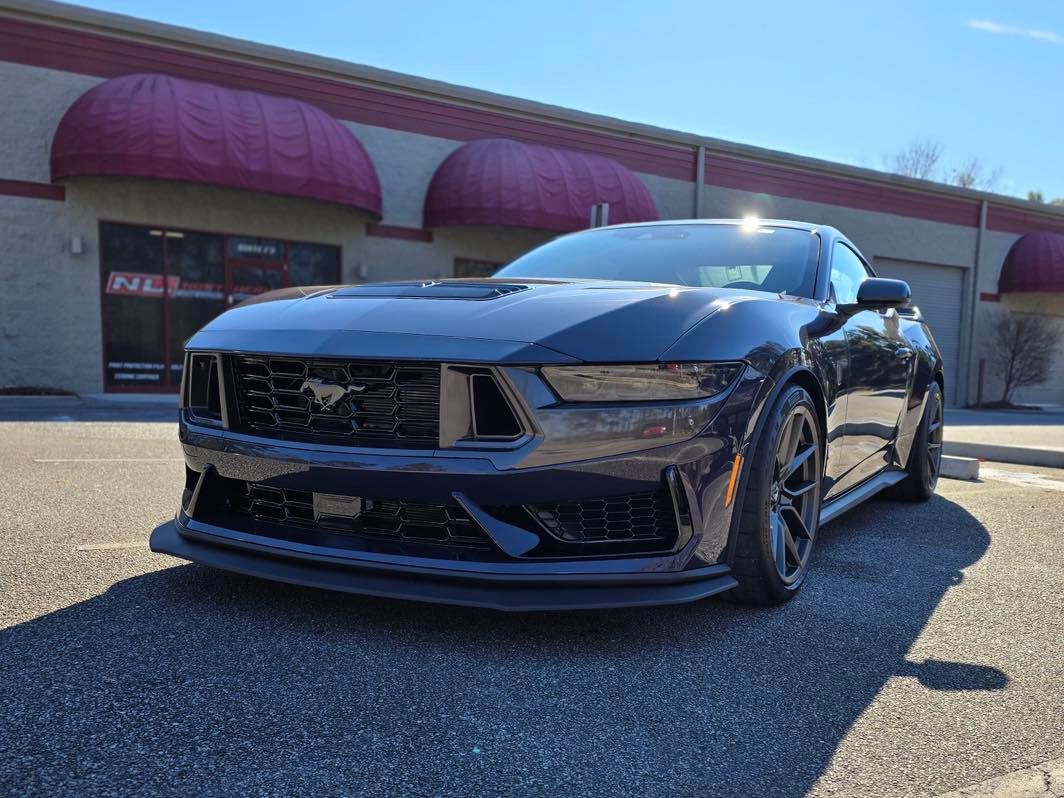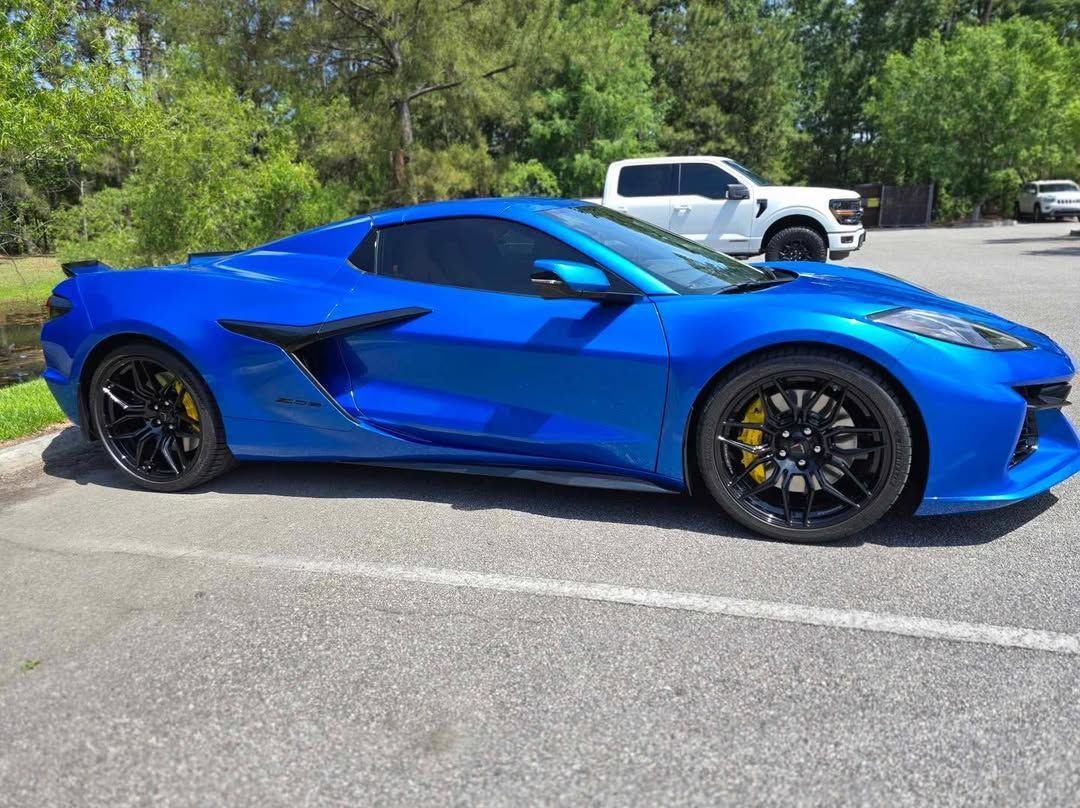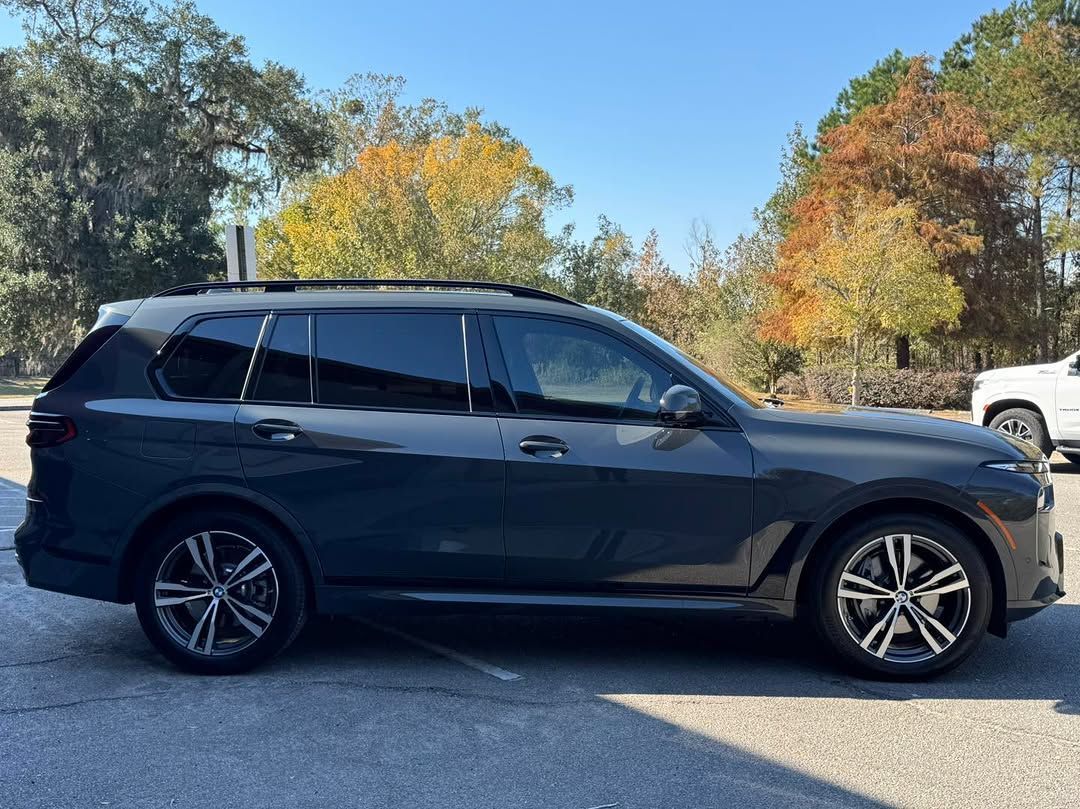DIY Vs. Professional Auto Detailing: A Comprehensive Comparison of Services
When it comes to keeping your car looking its best, you may wonder if your elbow grease compares to hiring a pro. Investing your weekends polishing every inch of your car might seem rewarding initially. However, repeated scrubbing for stain-free windows can turn enthusiasm into frustration quickly. Still, professional detailers from Northern Lights Home & Auto Coatings can save you time and produce top-notch results efficiently.
DIY auto detailing can save money and provide a personal sense of satisfaction, allowing individuals to have control over the process; however, it often requires a significant time investment and expertise to achieve high-quality results. In contrast, professional auto detailing ensures consistent quality through trained experts who use specialized tools and products, ultimately delivering thorough cleaning and superior outcomes efficiently. In this blog post, we will discuss the pros and cons and the differences between DIY and professional detailing!
Comparing DIY and Professional Auto Detailing
When it comes to auto detailing, the comparison between DIY efforts and professional services often unravels a deeper understanding of quality, outcomes, and ongoing maintenance. One key area to consider is not just how long each method takes but also the results produced. While you might feel a sense of accomplishment tackling detailing tasks yourself, achieving that showroom shine requires techniques that many DIYers may not possess.
Although DIY detailing allows for a personalized touch, it typically lacks the efficiency and expertise that professionals bring to the table. But when you engage with professional services, you're tapping into years of experience and advanced techniques. They understand the art and science behind paint correction, polishing methods, and protective coatings. This knowledge significantly reduces potential missteps that could result in less-than-ideal outcomes for your vehicle’s finish.
Moreover, let’s not overlook the logistics involved in DIY detailing, which often adds to both stress and effort. While it's certainly satisfying to take matters into your own hands, think about the equipment needed: high-quality tools, specialized cleaning solutions, and sometimes even advanced technology like clay bars or ceramic coatings are essential to achieve professional-like results.
Even if you have the desire and commitment to detail your car yourself, consider the underlying costs associated with purchasing these products. When added up, these expenses can approach or exceed the cost of hiring a professional service for a single detail. Plus, there's also the convenience factor—how valuable is your time when weighed against a weekend spent scrubbing every nook and cranny?
On the flip side, hiring professionals frees up your time while ensuring superior results. With their specialized training and access to industrial-grade products, they can often do in hours what might take you a whole day or more. You gain peace of mind knowing your vehicle receives meticulous attention without any sacrifice to your time.
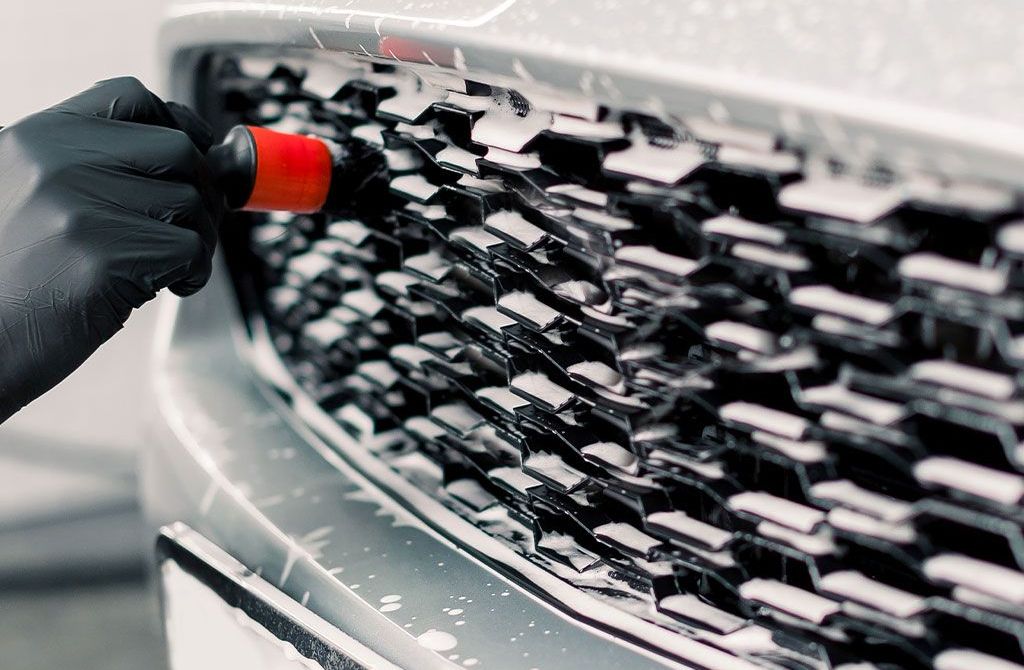
Essential Tools and Equipment
When it comes to auto detailing, the right tools can make all the difference between a satisfactory job and an exceptional one. For DIY enthusiasts, creating a solid foundation of basic equipment is essential for achieving pleasing results. While you might think that a simple wash will do, investing in quality tools and learning how to use them effectively can elevate your car's appearance.
Starting with common items like microfiber cloths and pH-neutral car wash soap is crucial; they are must-haves for both professionals and DIYers. Microfiber cloths are not only gentle on surfaces but also highly absorbent, making them ideal for wiping down sensitive areas without causing scratches. Using pH-neutral soap prevents damage to the vehicle's wax and sealants, ensuring that your hard work doesn’t harm your car's finish.
To truly achieve a professional-level clean, specialized equipment such as a dual-action polisher, steam cleaner, or industrial-grade vacuum comes into play. The dual-action polisher allows for more efficient paint correction, eliminating imperfections quickly while enhancing clarity and shine. Conversely, most DIY enthusiasts may only have hand applicators at their disposal, which can lead to uneven results and significant elbow grease!
There is a big difference in the quality of results between do-it-yourself projects and professional services because of the sheer advantage that expert detailers have when using top-notch tools. Without these specialized tools, even with the best intentions, your DIY detailing work may fall short compared to what can be achieved with professional gear.
Recognizing the strengths of both approaches opens up a world of possibilities in vehicle upkeep. As we explore further, understanding the specific techniques employed by each method can provide valuable insights into effective car care strategies.
Techniques and Methods
One of the main advantages professionals have over DIY enthusiasts lies in their mastery of specific techniques that enhance the quality of the job. For instance, the "two-bucket wash" method is paramount in professional detailing. This technique involves using two separate buckets: one for rinsing your wash mitt and another filled with soapy water for washing the vehicle. By ensuring that dirty water doesn't mix back into your wash solution, you significantly reduce the risk of scratching your car's paint.
Professionals also utilize additional methods like hand washing with microfiber cloths, which are gentle on surfaces while lifting dirt effectively. The delicate nature of microfiber minimizes the potential for scratches, unlike traditional sponges that might harbor abrasive particles. Furthermore, professionals are trained to apply specific pressures and techniques based on different vehicles and paint types, ensuring an optimal clean without damage.
Machine polishing is a hallmark of professional auto detailing. This method involves using powered polishers to apply finishing compounds evenly across the surface of a vehicle. The beauty of machine polishing lies in its efficiency—it covers more area in less time compared to manual polishing and produces an even, flawless finish that is often unattainable through hand application alone.
Many DIY enthusiasts overlook these subtle differences, which can lead to preventable damages such as holograms—a common issue created by poorly executed hand polishing. These imperfections can be unsightly remnants that tarnish an otherwise immaculate detailing job. Thus, employing the right techniques not only enhances visual appeal but also maintains vehicle integrity over time.
Cost Breakdown
The cost of DIY detailing may seem appealing at first glance, but the underlying expenses can add up more rapidly than one might anticipate. When considering your DIY options, small items like vehicle soap, wax, and high-quality microfiber towels are just the tip of the iceberg. While these may appear reasonably priced individually, once you start accumulating the necessary supplies, costs begin to escalate. A good wash mitt here, a bottle of clay bar lubricant there—it all contributes to what could ultimately be a hefty investment in materials without ensuring professional results.
Additionally, if you're venturing into detailing tools like clay bars or specialized tire shine products, those mid-range tools also carry their price tags. For instance, a decent clay bar will set you back around $20 to $30, while quality applicators and brushes can run you another $10 to $50 combined. It’s easy to overlook how quickly those small purchases can add up and turn your DIY venture into a financially questionable endeavor.
Beyond initial costs, one of the hidden dangers of DIY detailing comes from trial and error—through these unavoidable mishaps, you may unintentionally damage paint or create swirl marks that necessitate costly corrective measures later on. On the flip side, opting for professional detailing services offers clarity in terms of cost versus value.
Professional Costs
Hiring professionals for a full detailing service typically ranges from $150 to $500 depending on your vehicle’s size and condition. This expense might initially strike you as significant, yet it is well worth the investment for several key reasons. First, when you pay for professional service, you're not just paying for labor; you're also paying for expertise. These technicians have years of experience and training that allow them to recognize and address specific issues that regular car owners might miss.
Moreover, professionals utilize commercial-grade products that simply outperform standard retail offerings. For instance, their ceramic coating products are engineered to provide durable protection against elements far beyond anything available on store shelves. Not only do these methods yield superior results, but they also save you time—time spent gathering supplies or fumbling through various steps that professionals have already mastered.
Additionally, advanced techniques like paint correction and ceramic coating included in these packages bring forth not just immediate aesthetic improvements to your vehicle but maintain its value long-term as well. When considering vehicle resale or trade-in value down the line, a car that has undergone professional detailing will generally fetch a higher price than one that has been neglected.
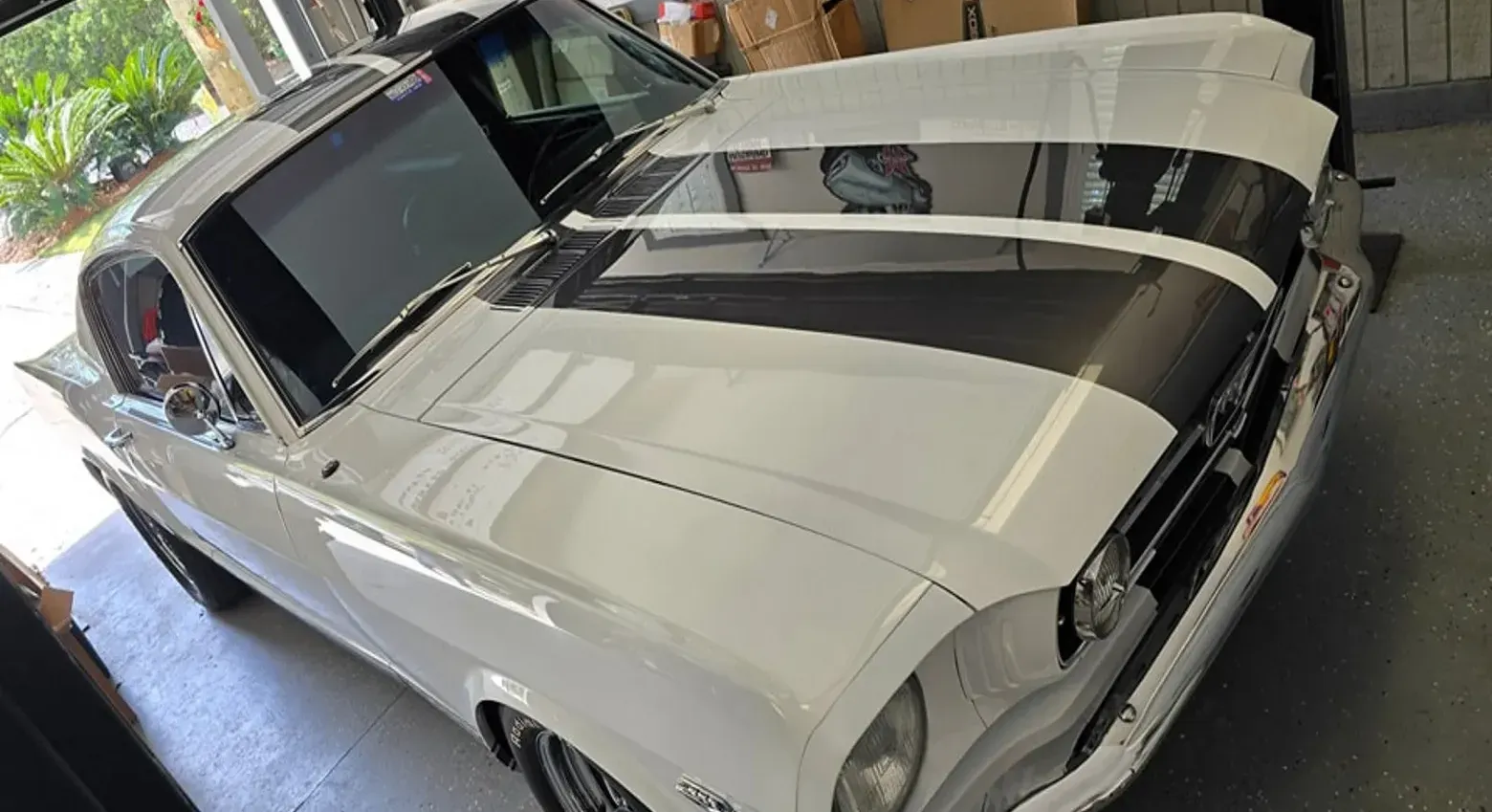
Quality and End Results
The primary allure of professional auto detailing is indeed the superior quality of the work provided. While a DIY enthusiast may achieve a reasonable clean, professionals have access to advanced tools, high-grade products, and specialized techniques that create an impressive final result. This expertise shines through in every aspect of their work, particularly in areas like paint correction and protective coatings.
One crucial element distinguishing professional detailing from DIY methods is the way professionals protect a vehicle's finish. Using state-of-the-art products—such as ceramic or graphene coatings—detailers apply layers that are not readily accessible to typical consumers. These protective coatings significantly enhance the longevity of your vehicle's appearance while also boosting its resale value. A DIY approach simply cannot replicate the same level of durability or quality found in these professional-grade products.
Professional-grade ceramic coatings can last up to ten years with appropriate maintenance, whereas DIY options often fade far sooner and may not even provide the same level of shine.
In addition, professionals employ robust cleaning methods that go beyond surface-level care. They engage in a meticulous process that includes thorough interior cleaning, deep fabric treatments, and careful attention to hard-to-reach areas like under mats or inside cup holders. Each step ensures that both aesthetics and hygiene are maintained at high standards.
Another factor contributing to the quality of results from professional services is experience. Detailers often possess extensive training and have honed their skills over time to identify paint imperfections, dust accumulations, or engine grime that might escape an untrained eye. This heightened awareness leads to better outcomes that significantly uplift the entire visual appeal of your vehicle.
Understanding how integral these factors are highlights why many choose to invest in professional auto detailing rather than trying to tackle it themselves. High-quality results foster satisfaction on multiple levels, from enjoying your vehicle's pristine condition today to knowing you’re preserving its value for tomorrow.
Final Deciding Factors: Professional Detailing or DIY?
When considering whether to go the DIY route or hire professional auto detailing services, several key aspects should be weighed thoughtfully. First and foremost, your priorities come into play. If you value your time and want your vehicle to look spotless without investing personal hours, professional detailing can save you considerable effort. However, if you're someone who enjoys hands-on projects and doesn't mind spending an afternoon meticulously cleaning your car, a DIY approach might be more satisfying.
Next on the list is the budget. Professional services typically come with a higher price tag, especially for specialized treatments like ceramic coating or paint correction. However, this cost often reflects the quality of tools and products used, as well as the expertise of the detailers. While DIY may initially appear cheaper, it may require purchasing specific cleaning supplies and equipment that could add up over time.
When weighing these factors, always remember your vehicle's condition. A brand-new luxury car deserves a different level of care than an older daily driver. Regular maintenance through professional services not only enhances aesthetics but also protects against environmental damage, extending the life of your vehicle's surfaces.
Another element to consider is the effectiveness of each option. Professionals have access to advanced techniques and high-quality products that can yield results difficult to replicate at home.
As you navigate these options, consider what works best for you in terms of convenience and effectiveness. If you're leaning toward professional detailing, check out the offerings at
Northern Lights Home & Auto Coatings, which features comprehensive service packages tailored to various vehicle conditions. If you're ready to experience top-notch detailing services, reach out to us today at (912) 656-6947!
